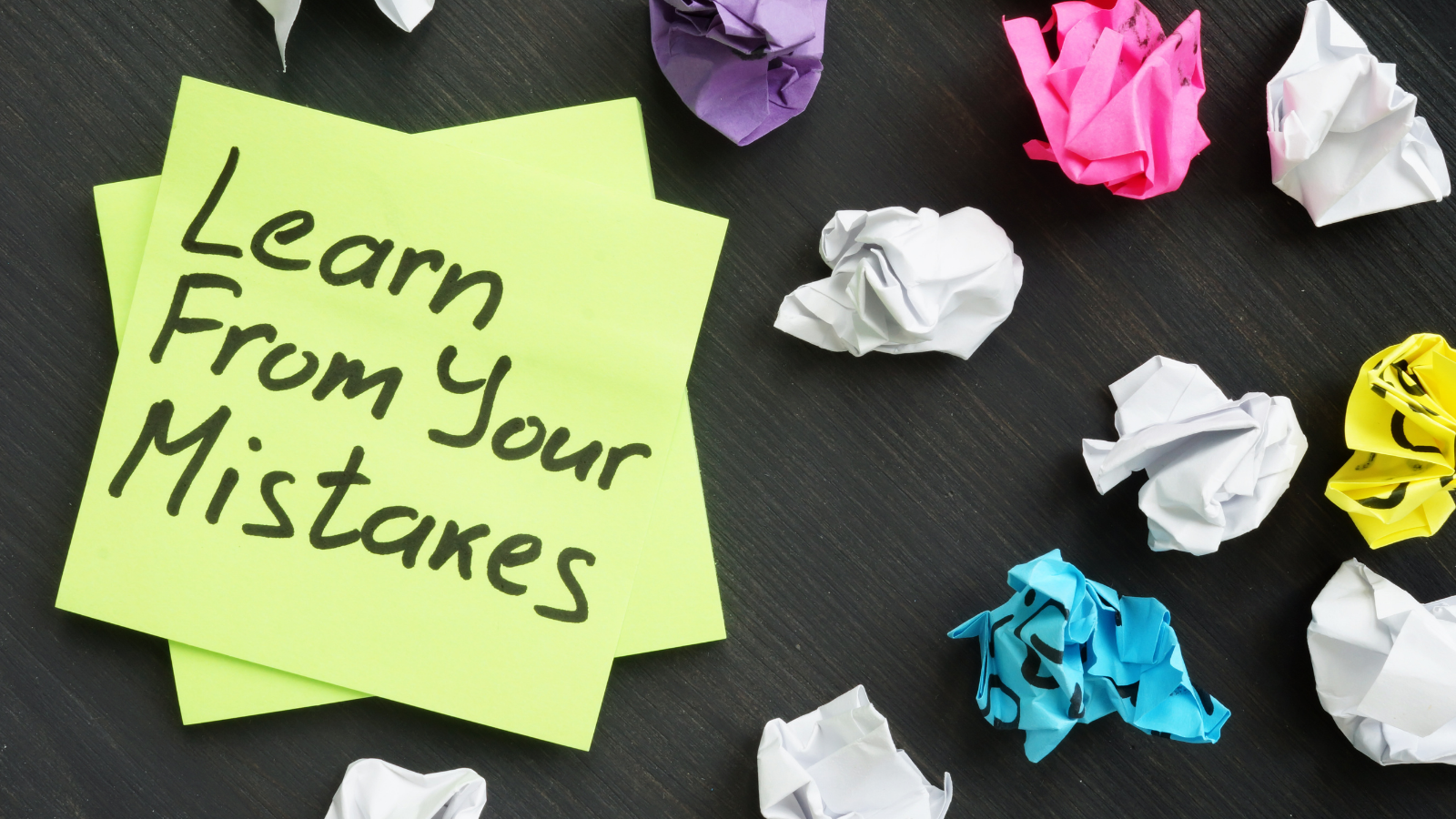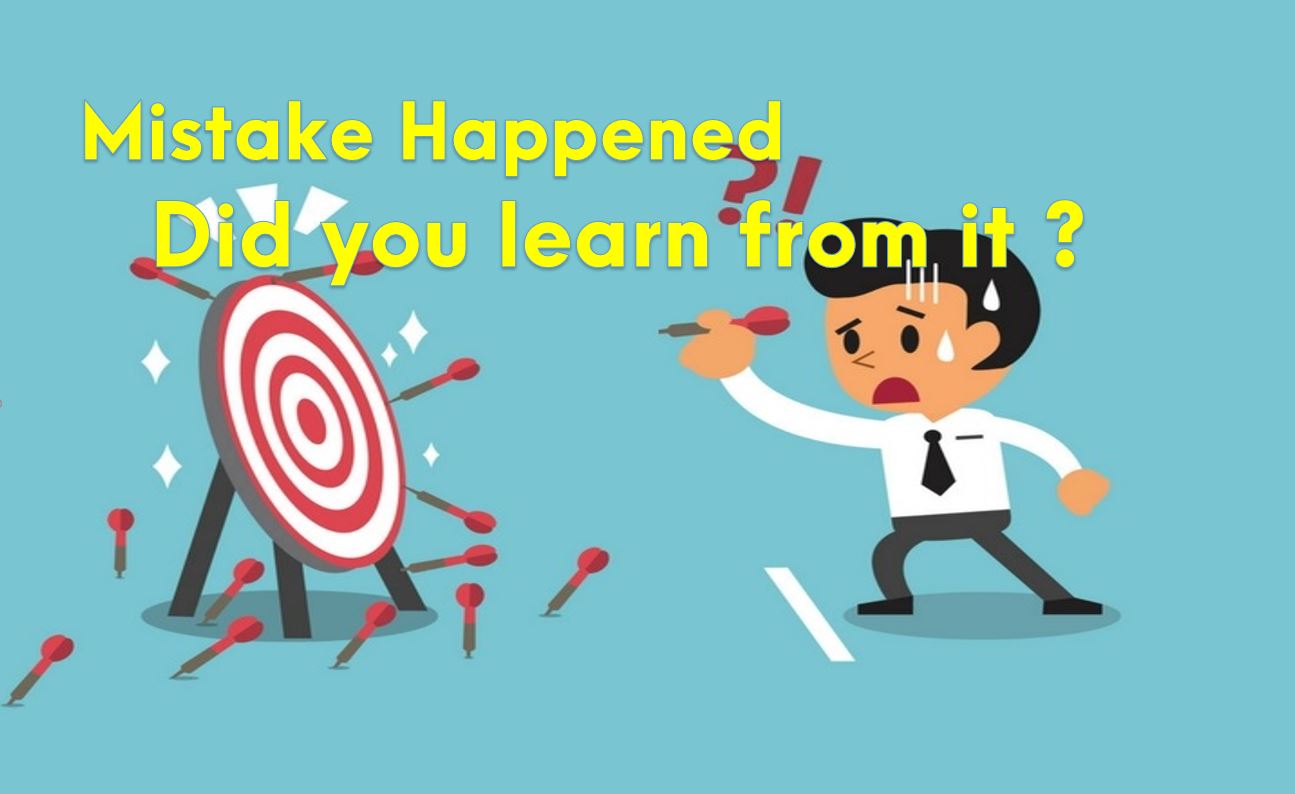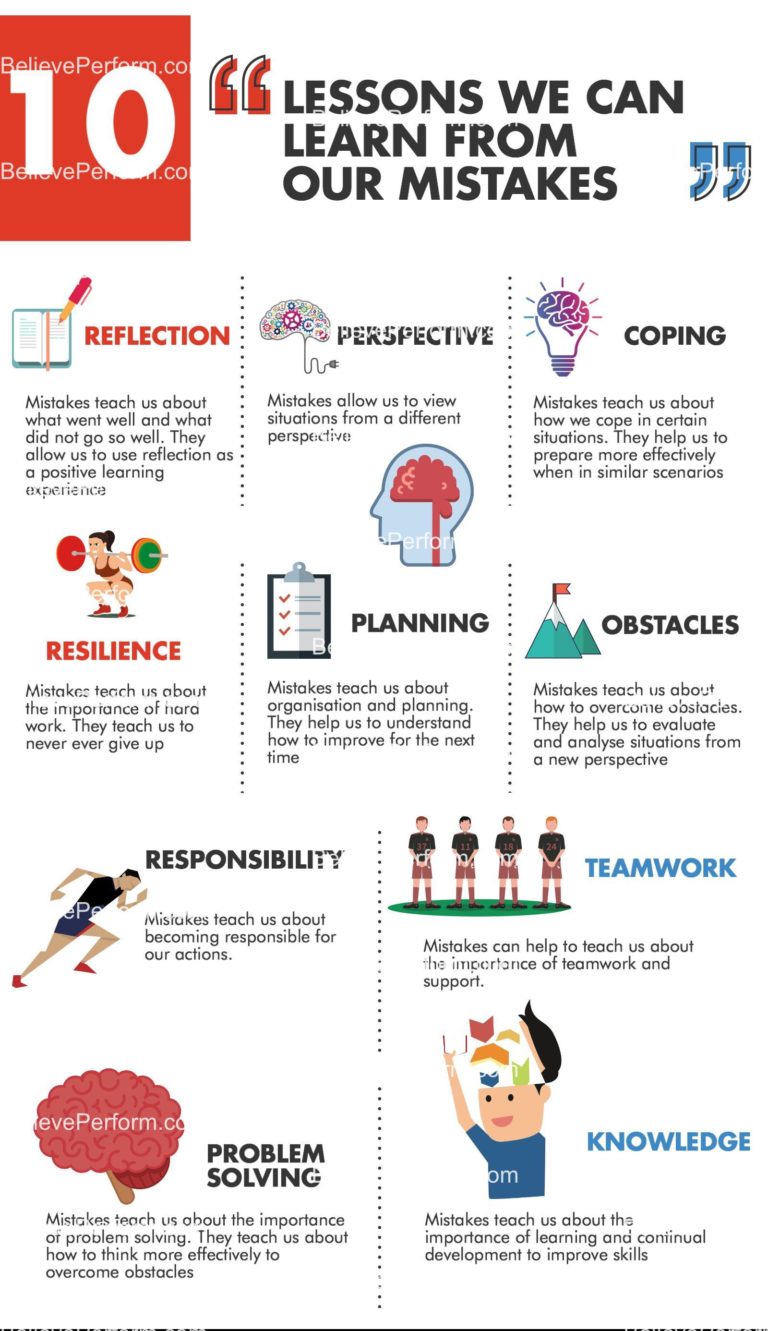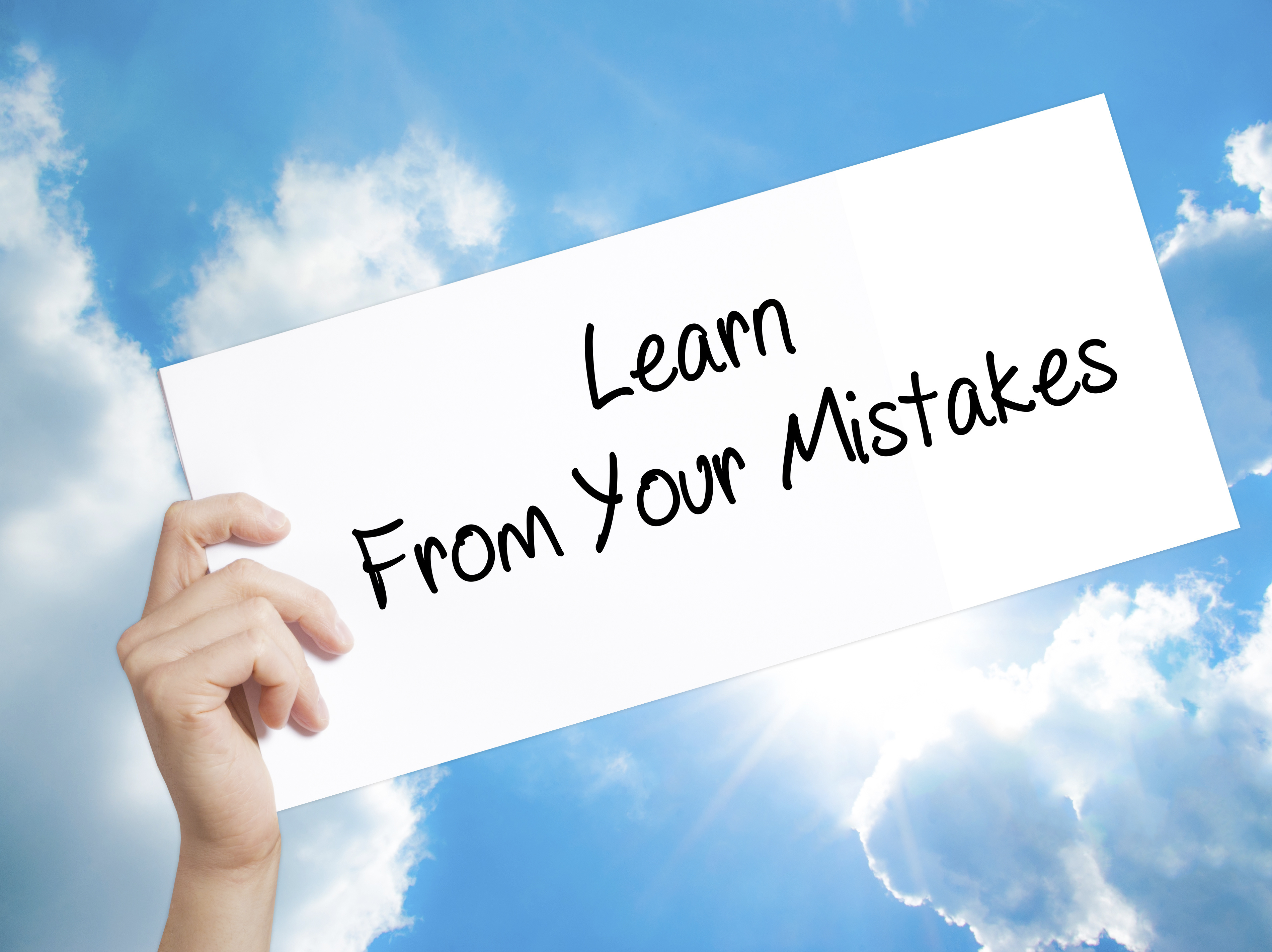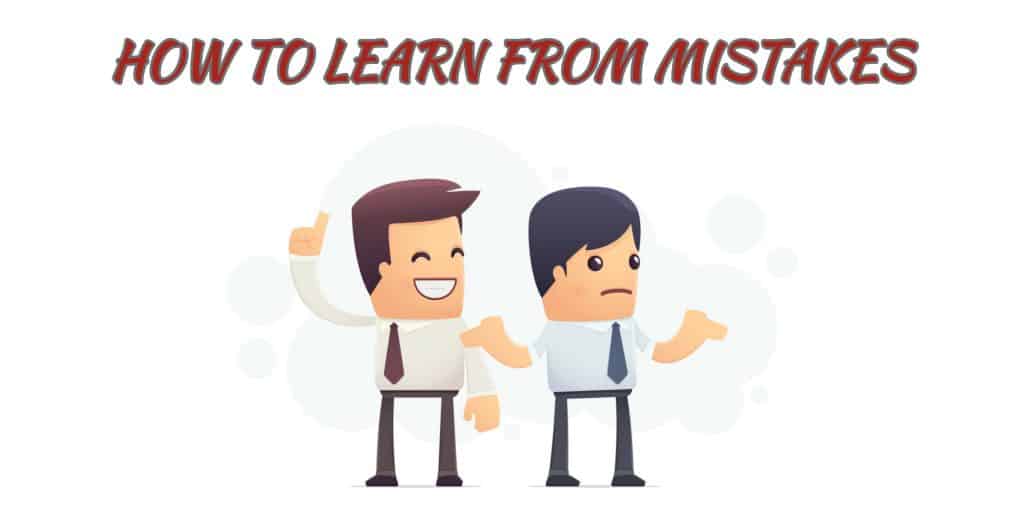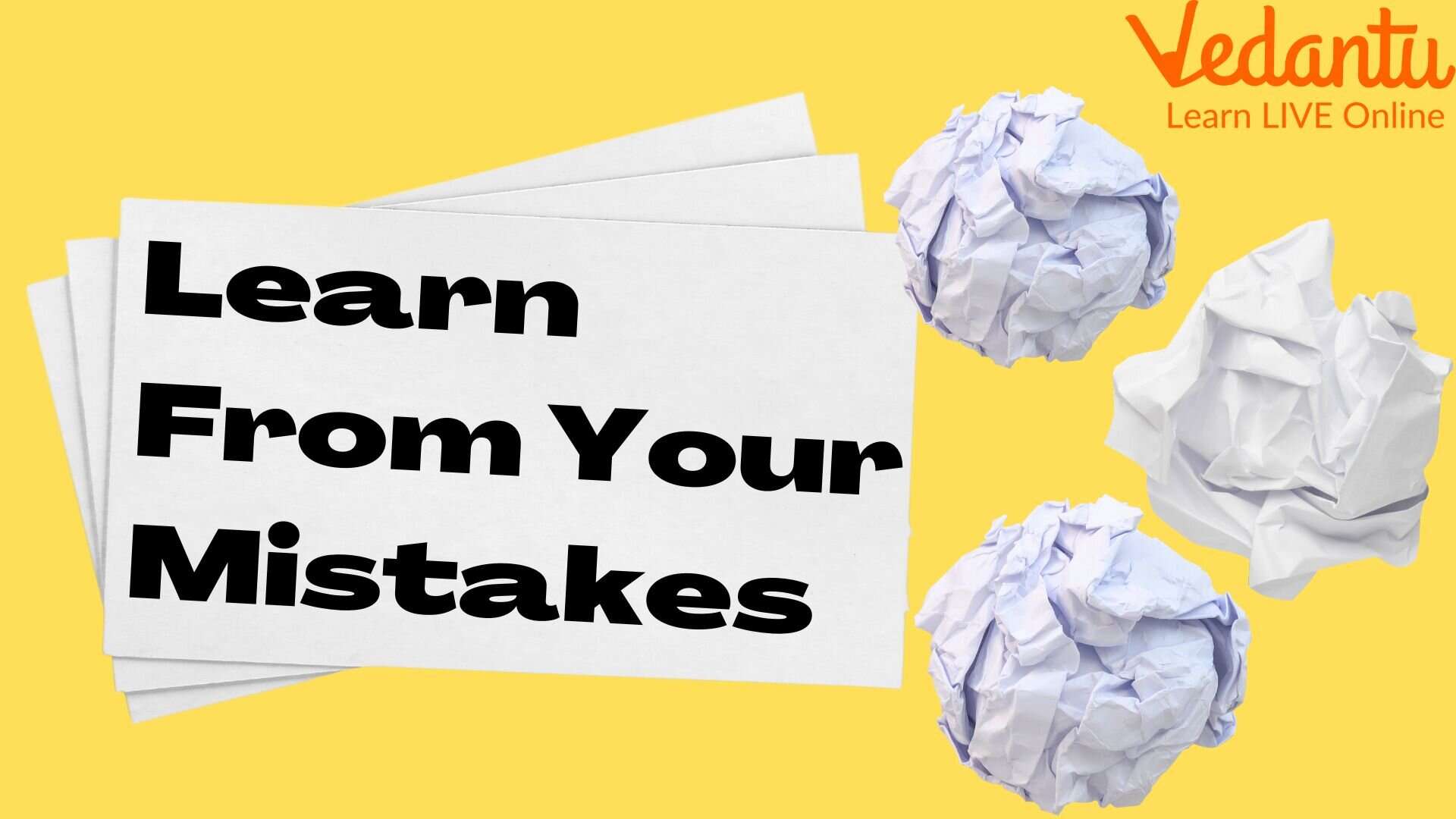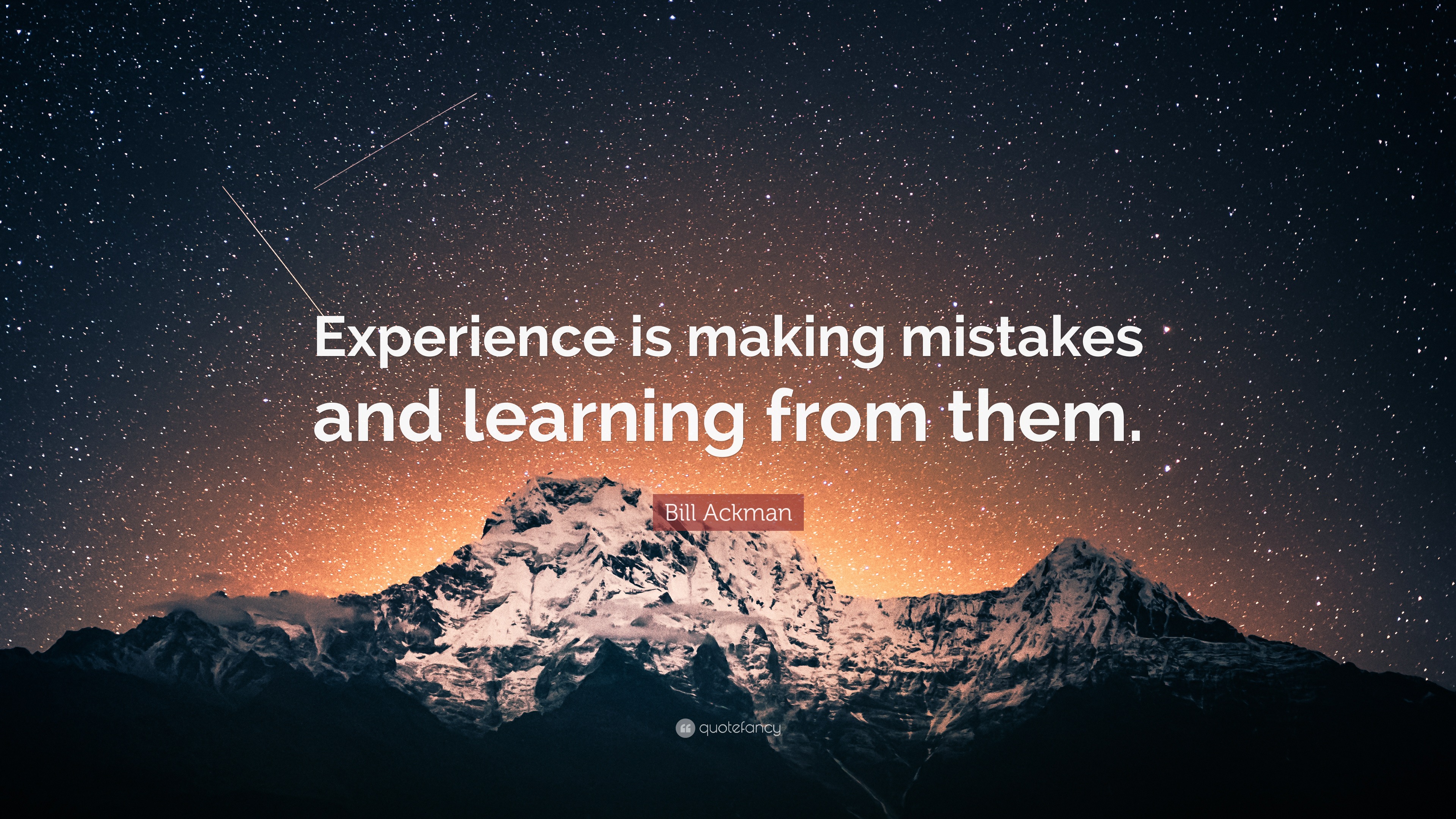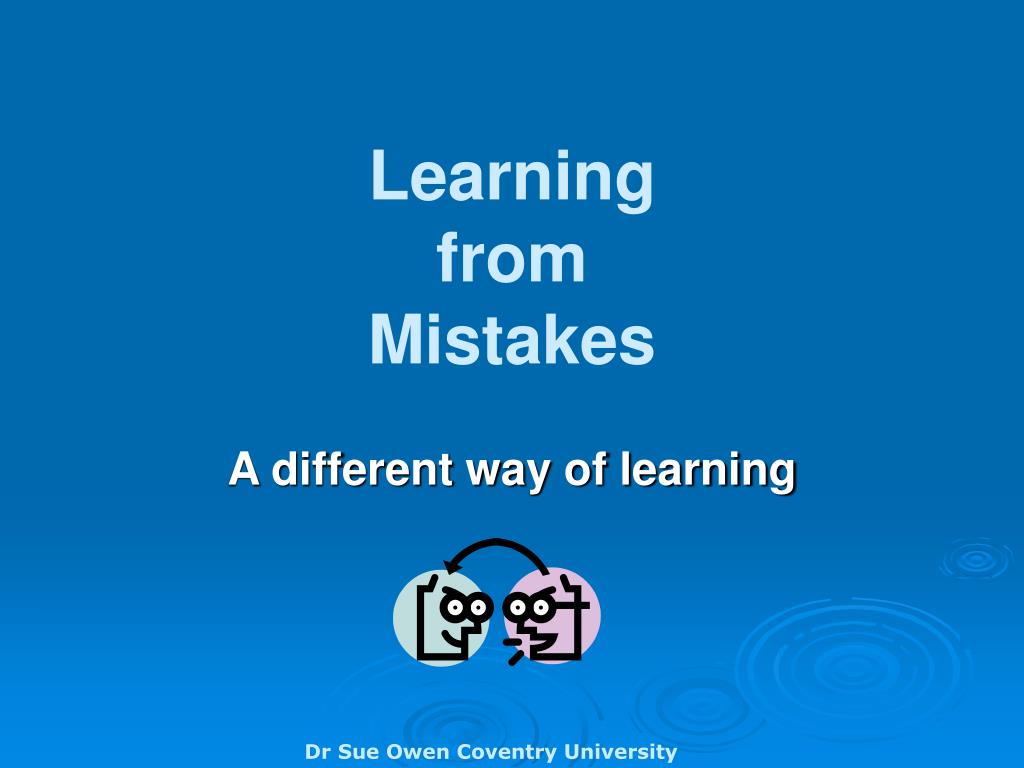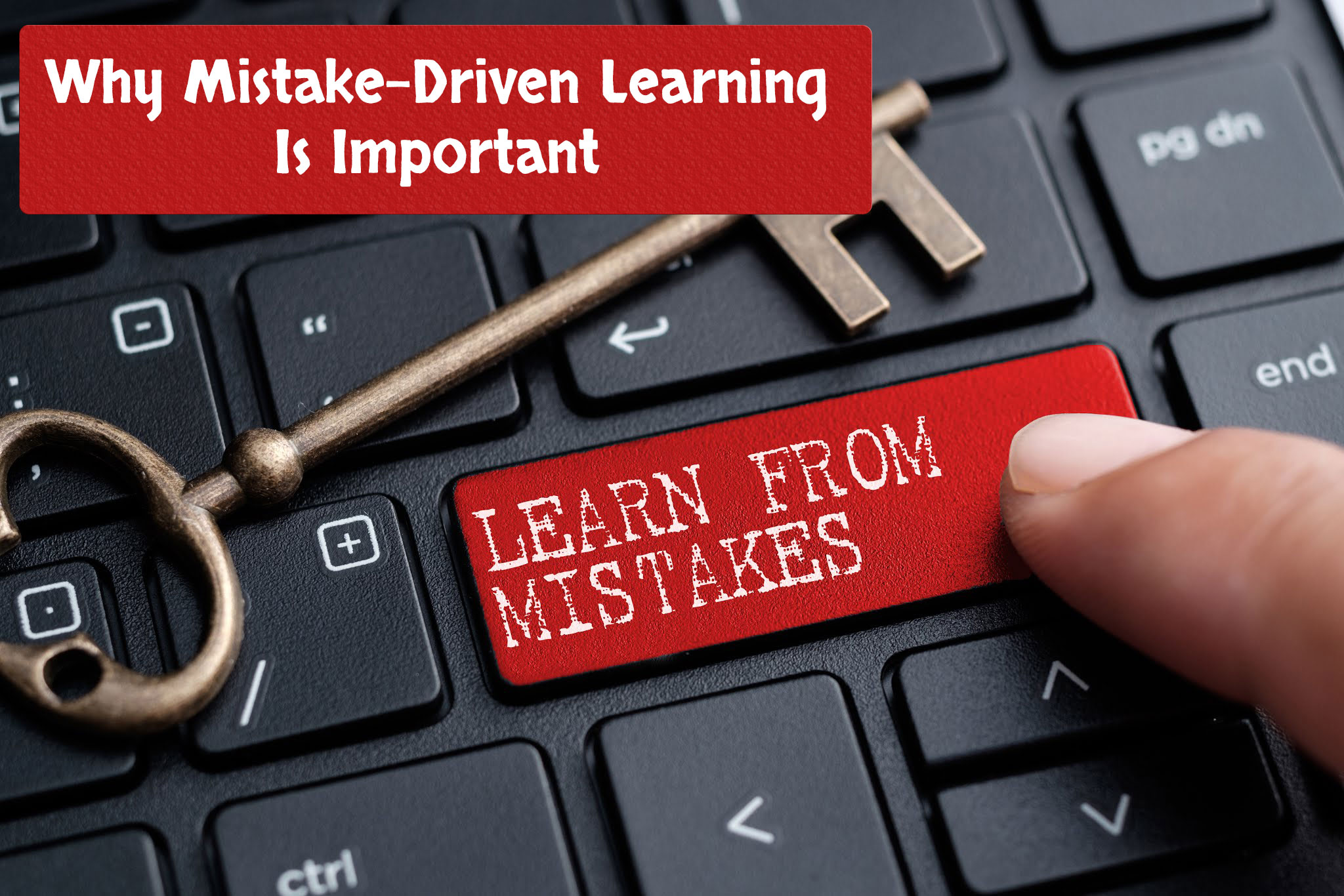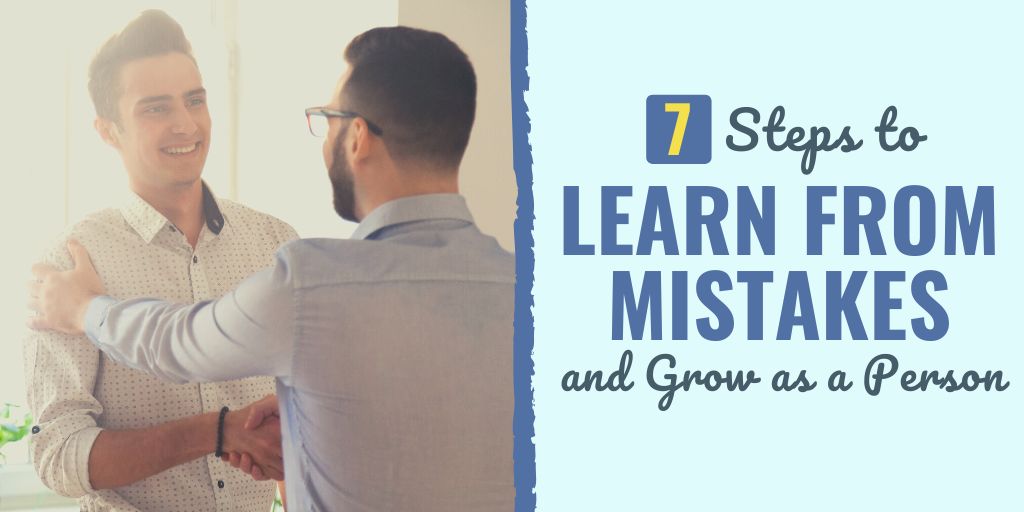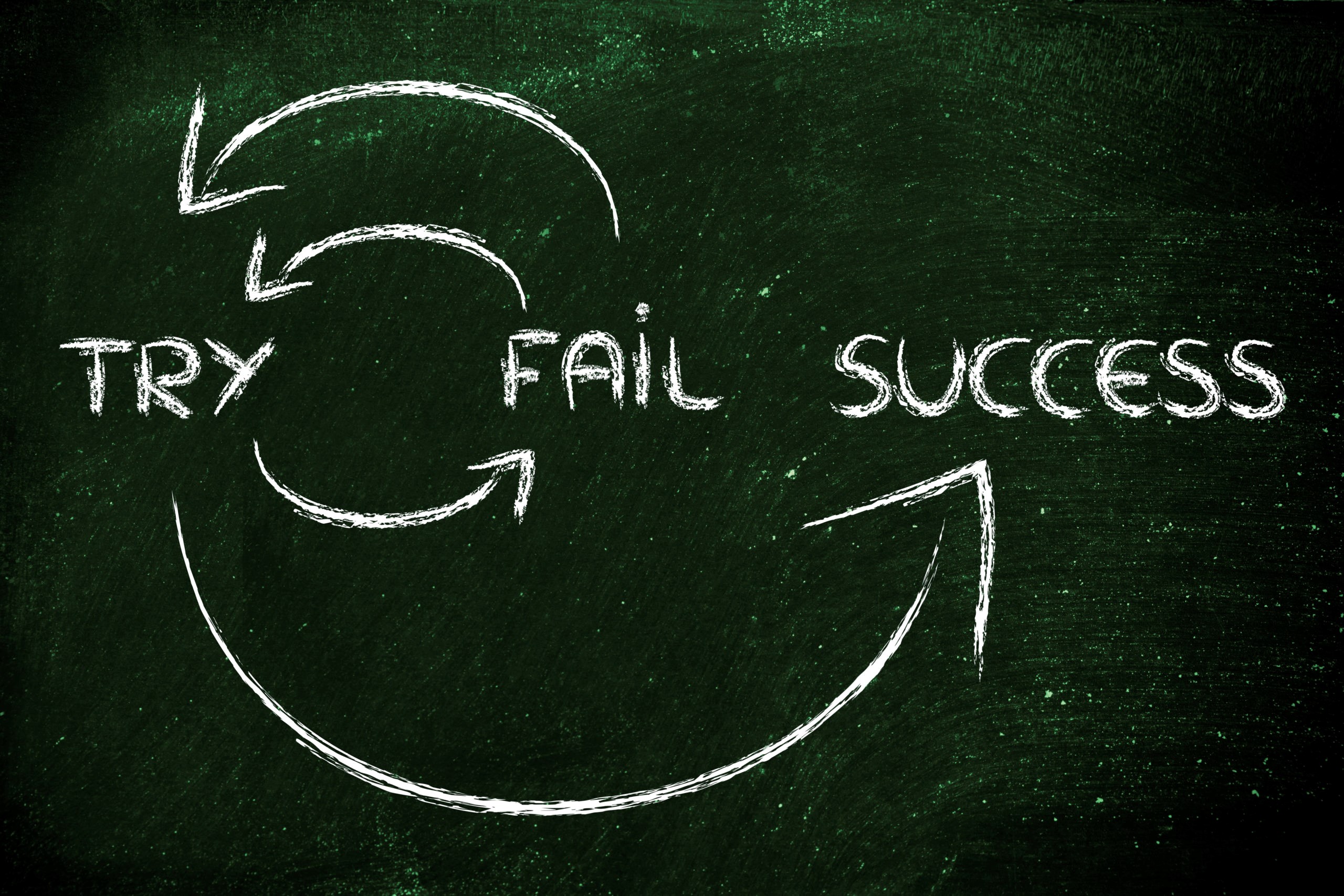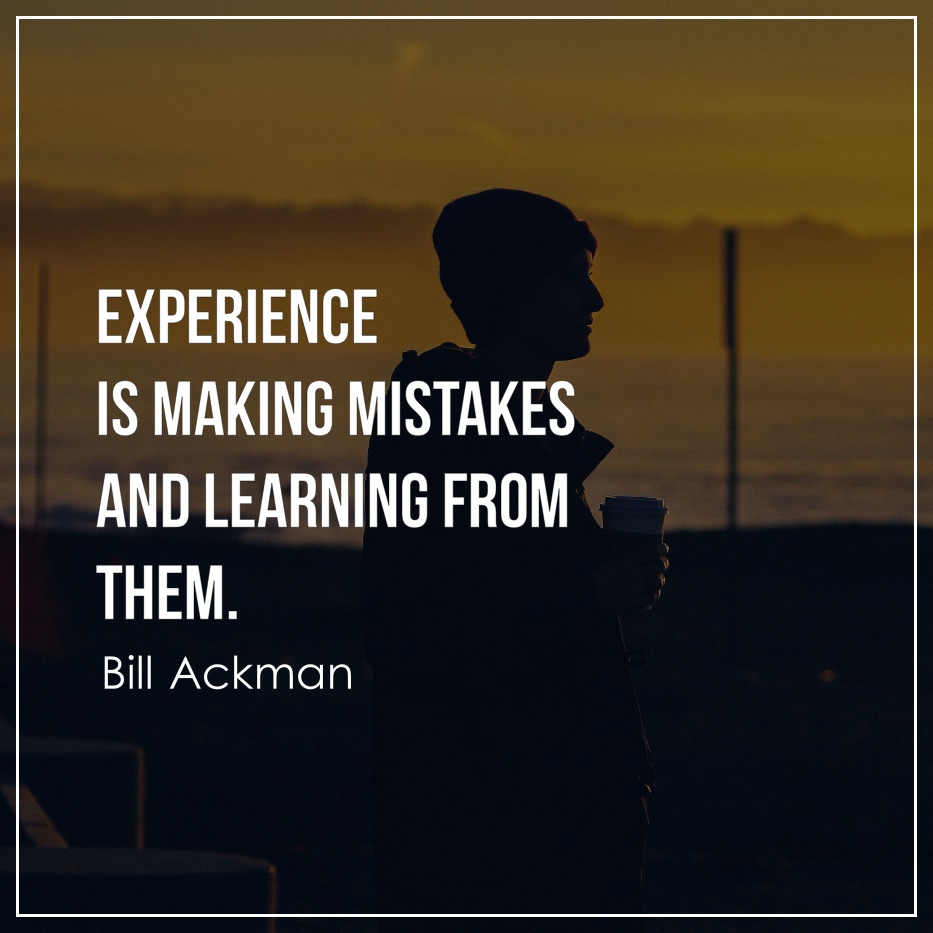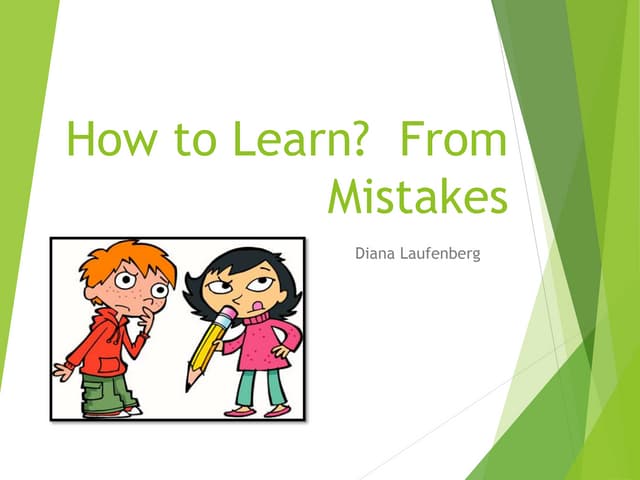How Can A Mistake Be A Learning Experience
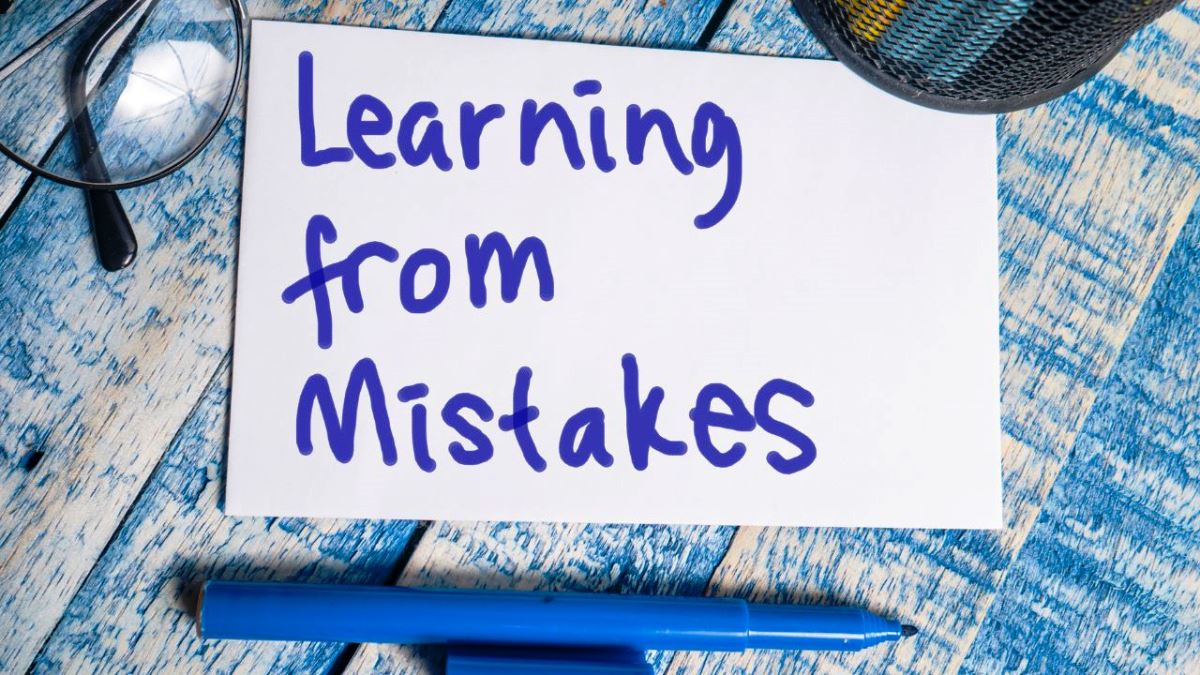
The human experience is punctuated by missteps, blunders, and outright failures. From small daily errors to significant life choices gone awry, mistakes are an unavoidable part of our existence. But what if these often-dreaded moments could be reframed, not as setbacks, but as invaluable opportunities for growth and learning?
At its core, the ability to transform mistakes into learning experiences hinges on cultivating a growth mindset. This involves embracing challenges, viewing failures as temporary setbacks, and recognizing effort as the path to mastery. The following article will delve into the various strategies and perspectives that can help individuals and organizations alike harness the power of mistakes for positive development.
Understanding the Psychology of Mistakes
Psychologically, our initial reaction to a mistake is often negative, triggering feelings of guilt, shame, or disappointment. However, research in neuroscience shows that the brain's response to errors can actually enhance learning. When we make a mistake, our brains release signals that highlight the discrepancy between our intended action and the actual outcome, prompting us to adjust our behavior in the future.
Carol Dweck, a renowned psychologist at Stanford University, has extensively studied the impact of mindset on achievement and learning. Her research demonstrates that individuals with a growth mindset, who believe that their abilities can be developed through dedication and hard work, are more likely to learn from their mistakes and persist in the face of challenges. In contrast, those with a fixed mindset, who believe that their abilities are innate and unchangeable, tend to avoid challenges and view mistakes as evidence of their limitations.
Practical Strategies for Learning from Mistakes
The first step in turning a mistake into a learning opportunity is acknowledging it. Avoid defensiveness or denial, and instead, take ownership of your actions and their consequences. It is crucial to avoid placing blame on external factors without objective justification.
Once the mistake is acknowledged, reflection is key. Ask yourself what went wrong, why it went wrong, and what you could have done differently. This process can involve journaling, talking to trusted colleagues or mentors, or seeking feedback from others who were involved.
After reflecting on the mistake, develop a plan for improvement. Identify specific actions you can take to prevent similar errors in the future. This might involve acquiring new skills, changing your approach to problem-solving, or seeking additional support. Turn these actions into concrete, measurable goals.
The Organizational Perspective: Fostering a Culture of Learning
The principles of learning from mistakes extend beyond individual development and are crucial for organizational success. Companies that foster a culture of psychological safety, where employees feel comfortable taking risks and admitting mistakes, are more likely to innovate and adapt to change.
Harvard Business School professor Amy Edmondson has written extensively on the concept of psychological safety. According to her research, teams and organizations with high levels of psychological safety are more likely to share information, experiment with new ideas, and learn from both successes and failures.
Organizations can cultivate a culture of learning by encouraging open communication about mistakes, providing opportunities for training and development, and recognizing and rewarding employees who take risks and learn from their experiences. Furthermore, leaders need to model vulnerability by openly acknowledging their own mistakes and sharing what they have learned.
Post-mortem analyses, where teams dissect a project or initiative to identify what worked well and what could have been improved, can be a powerful tool for learning from mistakes at the organizational level. These analyses should focus on identifying systemic issues rather than assigning individual blame.
The Broader Societal Impact
The ability to learn from mistakes is not just beneficial at the individual and organizational levels; it is also essential for societal progress. Throughout history, many of the most significant advancements have come about as a result of trial and error. Scientific discoveries, technological innovations, and social reforms have all been shaped by the lessons learned from past mistakes.
Consider the development of vaccines. Early attempts at vaccination, such as inoculation with live viruses, sometimes resulted in illness or even death. However, these experiences led to a deeper understanding of immunology and ultimately paved the way for safer and more effective vaccines that have saved countless lives.
Looking Ahead: Embracing Imperfection
In a world that often emphasizes perfection and success, it is important to remember that mistakes are an inevitable part of the human experience. By cultivating a growth mindset, embracing reflection, and fostering a culture of learning, we can transform these moments of adversity into opportunities for growth, innovation, and progress. The key is to not fear mistakes, but to see them for what they truly are: invaluable lessons waiting to be learned.
Ultimately, embracing imperfection and learning from our mistakes is not just about avoiding future errors; it's about cultivating resilience, adaptability, and a lifelong commitment to learning. By embracing this perspective, we can unlock our full potential and create a more innovative and successful future for ourselves and for society as a whole.
